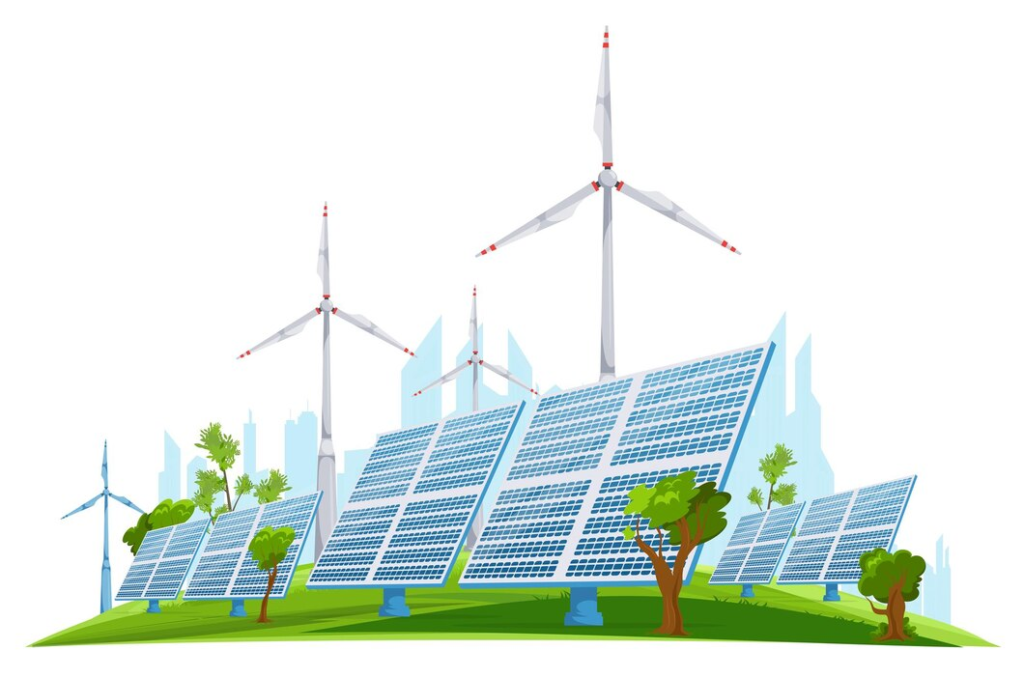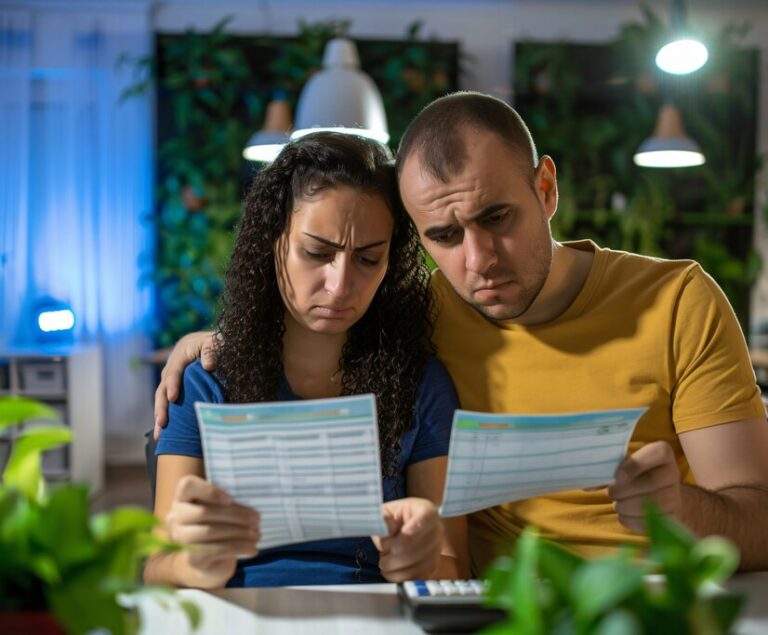Switching to renewable energy is not just about protecting the environment; it’s also about creating a sustainable future for everyone. Renewable sources like solar and wind are transforming electricity generation across the globe, offering cleaner and more affordable alternatives to fossil fuels. I’ve been thinking a lot about how this shift impacts our daily lives, from lowering electricity bills to reducing our carbon footprint. For instance, solar energy is making waves in Queensland, and exploring options like the best solar feed-in tariff QLD can show how much you could save by switching to renewables.
When we consider how energy is produced today and what’s possible in the future, renewable energy stands out as a game-changer. It offers more than environmental benefits; it also empowers individuals and communities to take control of their energy needs. Let’s dive into why renewable energy sources are critical for our future and how they shape the way we live and work.
Why Are Renewable Energy Sources Important?
Fossil fuels, which have powered our world for centuries, are not only depleting but also causing significant harm to the planet. These fuels emit greenhouse gases that contribute to climate change, pollute the air, and damage ecosystems. Renewable energy sources, on the other hand, are clean and infinite. They don’t harm the environment in the same way, and they can be replenished naturally. This means they offer a solution to both our energy demands and our environmental concerns.

Beyond their environmental benefits, renewables have the potential to make energy more affordable for everyone. As technology advances, the costs of solar panels, wind turbines, and other renewable systems have dropped significantly. This is especially true for homeowners who take advantage of programs like feed-in tariffs, where they can sell excess energy back to the grid. Over time, renewable energy helps reduce dependency on imported fuels and stabilizes energy prices, creating a more secure and sustainable energy future.
Types of Renewable Energy
Renewable energy isn’t a one-size-fits-all solution; there are various sources, each with unique benefits and applications. Here are some of the most common and impactful types of renewable energy:
1. Solar Power
Solar power is one of the most accessible and popular forms of renewable energy. Solar panels capture sunlight and convert it into electricity, making it a perfect option for both homes and businesses. Many homeowners in New South Wales, for instance, are researching the best energy provider NSW to maximize their savings while contributing to a cleaner planet. With government incentives and falling prices, solar power has become an attractive option for those looking to lower their energy bills and reduce their reliance on the grid.
2. Wind Power
Wind power harnesses the energy of moving air to generate electricity. Large wind turbines are often installed in areas with steady and strong winds. These turbines can produce significant amounts of power, often supplying energy to entire communities. Wind energy is especially important in regions with open land or coastal areas, where wind speeds are consistent.
3. Hydropower
Hydropower uses the flow of water—usually from rivers or dams—to create electricity. It’s one of the oldest and most reliable forms of renewable energy. Hydropower plants can generate electricity around the clock, as long as there’s a consistent water flow, making it a key player in providing stable energy.
4. Geothermal Energy
Geothermal energy comes from the natural heat stored beneath the Earth’s surface. It can be used to produce electricity or heat buildings directly. This energy source is particularly effective in regions with volcanic activity, where geothermal resources are abundant and easy to access.
5. Biomass Energy
Biomass energy involves converting organic materials, such as plant and animal waste, into electricity. This type of renewable energy is considered sustainable because plants and other organic materials can be regrown or replenished. Biomass helps reduce waste while providing a reliable energy source.
Benefits of Renewable Energy
Switching to renewable energy has a wide range of benefits that go beyond just cutting emissions. Let’s explore why more people and governments are making this shift:
1. It’s Good for the Planet
Renewable energy is a clean source of power that doesn’t emit harmful greenhouse gases or pollute the environment. By switching to renewables, we can slow down the pace of climate change, protect ecosystems, and improve air quality for everyone.
2. Lowers Energy Bills
Renewable energy systems, such as solar panels, can significantly reduce electricity costs over time. Homeowners who generate excess solar power can benefit from programs like feed-in tariffs, which allow them to sell unused energy back to the grid. These savings add up and make renewable energy a cost-effective option for the long term.
3. Unlimited Sources
Unlike fossil fuels, which are finite and will eventually run out, renewable sources like the sun, wind, and water are infinite. They’re always available and can be used to meet growing energy demands without fear of depletion.
4. Energy Independence
Countries that rely heavily on imported fuels can achieve greater energy independence by investing in renewables. This reduces vulnerability to global fuel price fluctuations and ensures a stable energy supply for future generations.

Challenges of Using Renewable Energy
While renewable energy offers numerous advantages, there are challenges we must address to make it a fully reliable solution. Here are some of the key hurdles:
- Storage Problems: Solar and wind energy depend on weather conditions. Energy storage systems, like batteries, are needed to ensure power is available when the sun isn’t shining or the wind isn’t blowing.
- Upfront Costs: Although renewable systems save money in the long run, the initial investment can be high. Installing solar panels or wind turbines requires significant upfront capital, which can be a barrier for some.
- Space Requirements: Renewable energy systems, such as wind farms and solar arrays, need large amounts of land or space to operate efficiently. Finding suitable locations can sometimes be a challenge.
These challenges are not insurmountable. Advances in technology and increased investment are making renewable energy systems more efficient and accessible every year.
How to Start Using Renewable Energy
If you’re thinking about making the switch to renewable energy, here are some practical steps you can take:
- Install Solar Panels: This is one of the easiest and most effective ways to start generating your own renewable electricity.
- Choose Green Energy Plans: Many energy providers now offer plans that prioritize renewable energy sources, allowing you to support clean energy without installing any equipment.
- Reduce Energy Use: Making small changes, like switching to energy-efficient appliances or turning off lights when not in use, can help you save money and reduce your carbon footprint.
The Future of Renewable Energy
The future of renewable energy looks incredibly promising. Around the world, countries are setting ambitious goals to reduce carbon emissions and increase the use of renewables. More homes and businesses are installing solar panels and wind turbines, and advancements in technology are making these systems more affordable and efficient.
One of the most exciting developments is the improvement in energy storage solutions. Batteries are becoming cheaper and more efficient, which means we’ll soon be able to store renewable energy for use at any time. This innovation will make renewables more reliable and allow us to rely on them even during cloudy days or calm winds.
Key Takeaways
- Renewable energy is a clean, endless source of power that benefits the planet and saves money.
- Solar panels and feed-in tariffs are great ways to lower electricity bills and promote sustainability.
- With continuous innovation, renewables will soon dominate electricity generation worldwide.
Switching to renewable energy is an investment in a cleaner, brighter future. It’s not just about saving money, it’s about creating a better world for generations to come. So, why wait? Start your journey toward renewable energy today!

